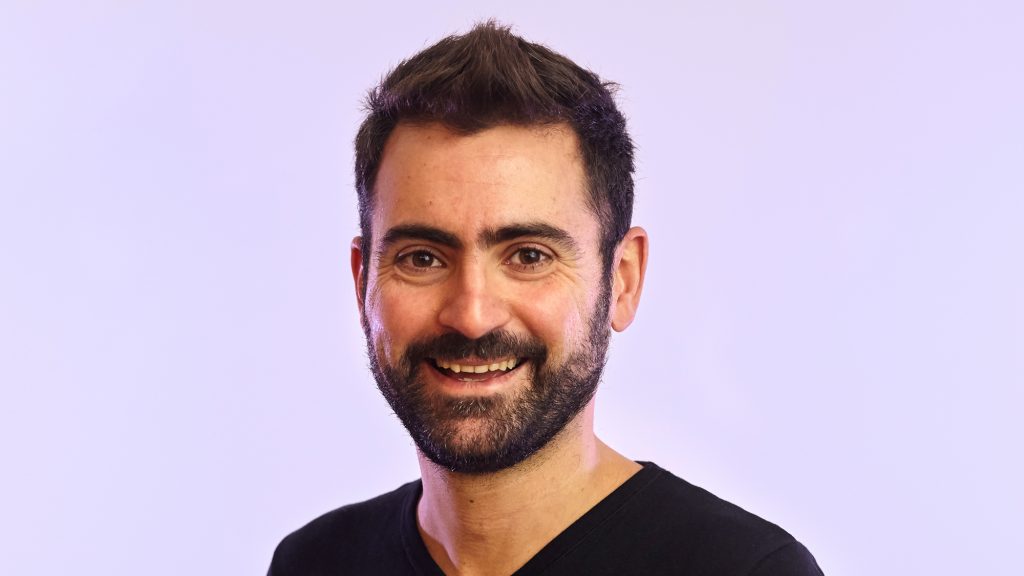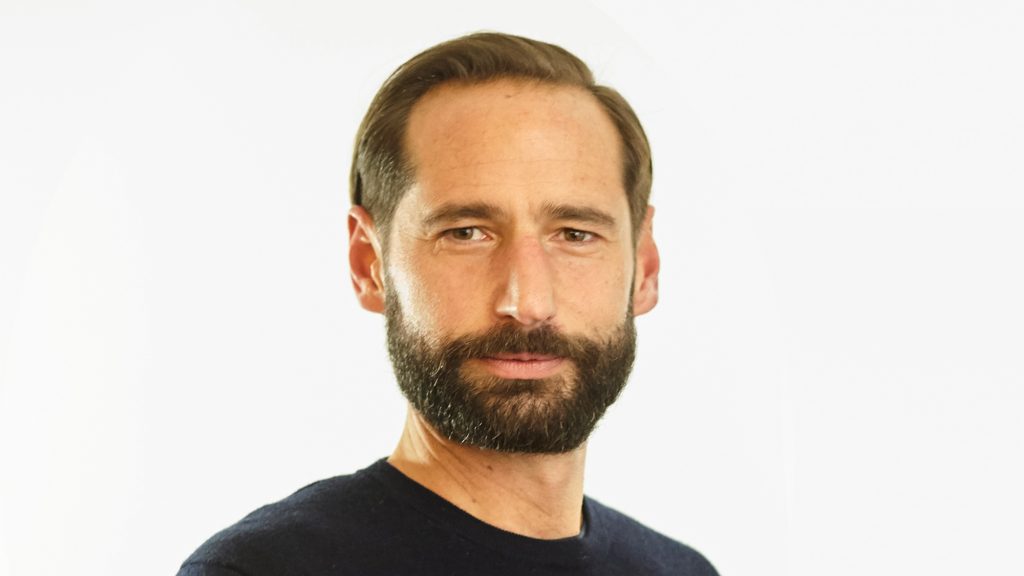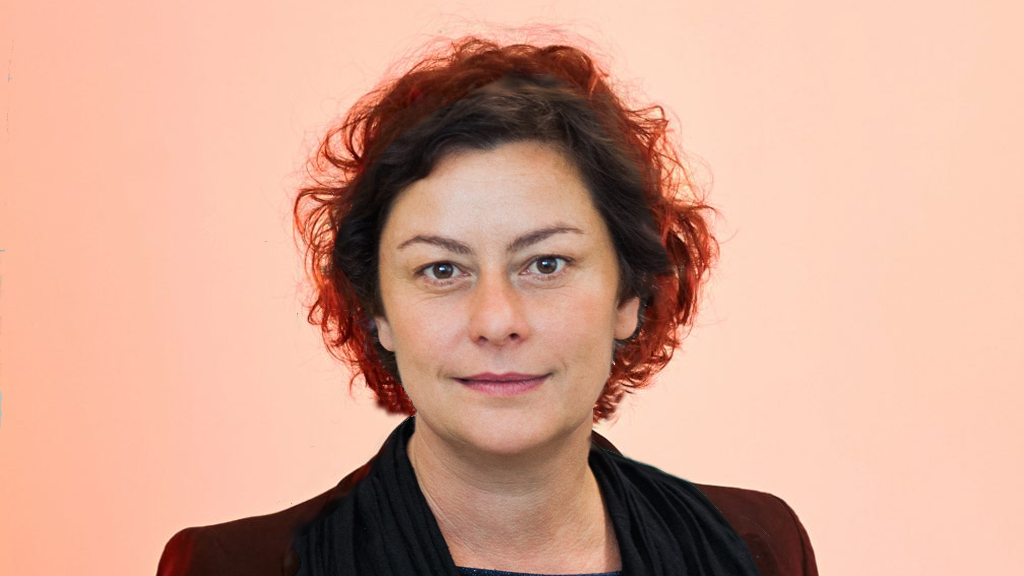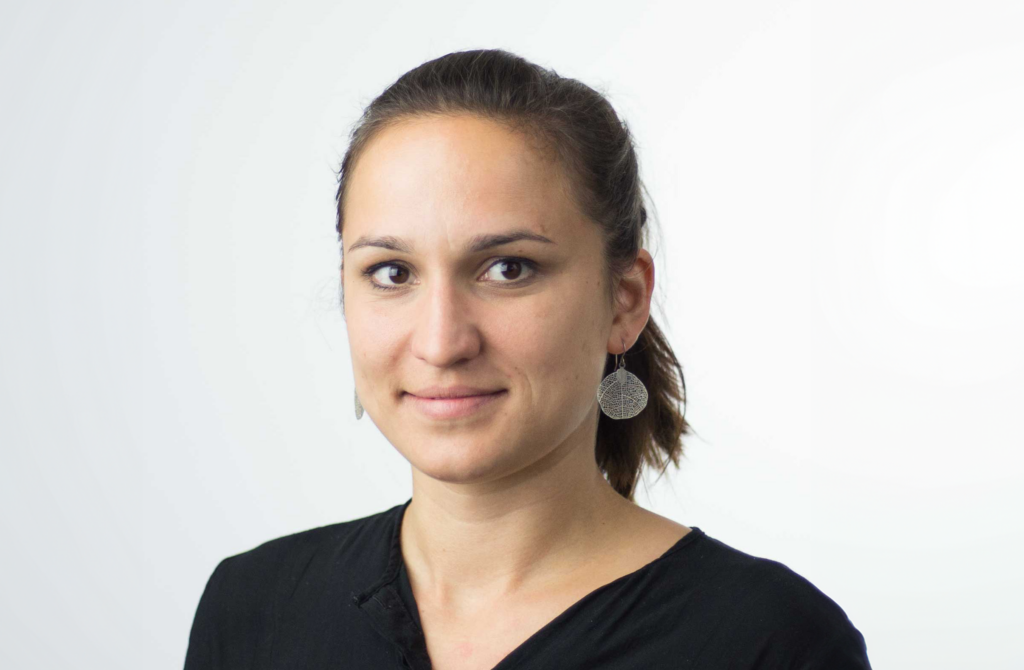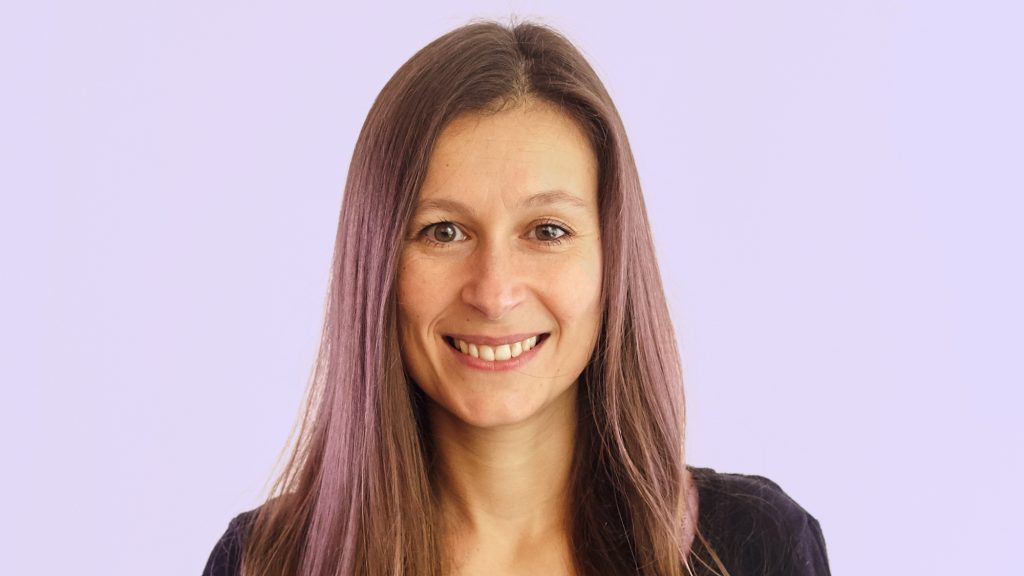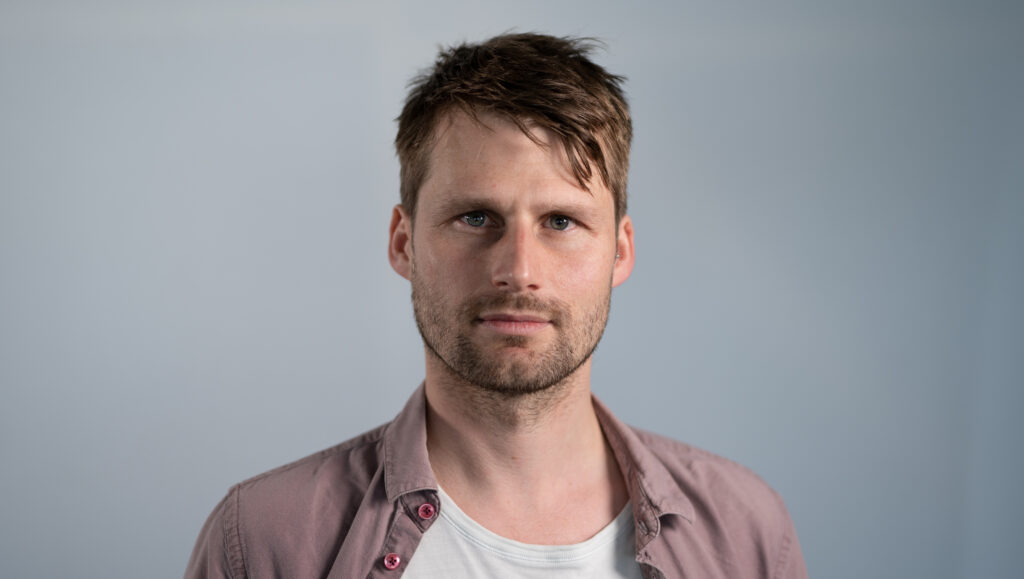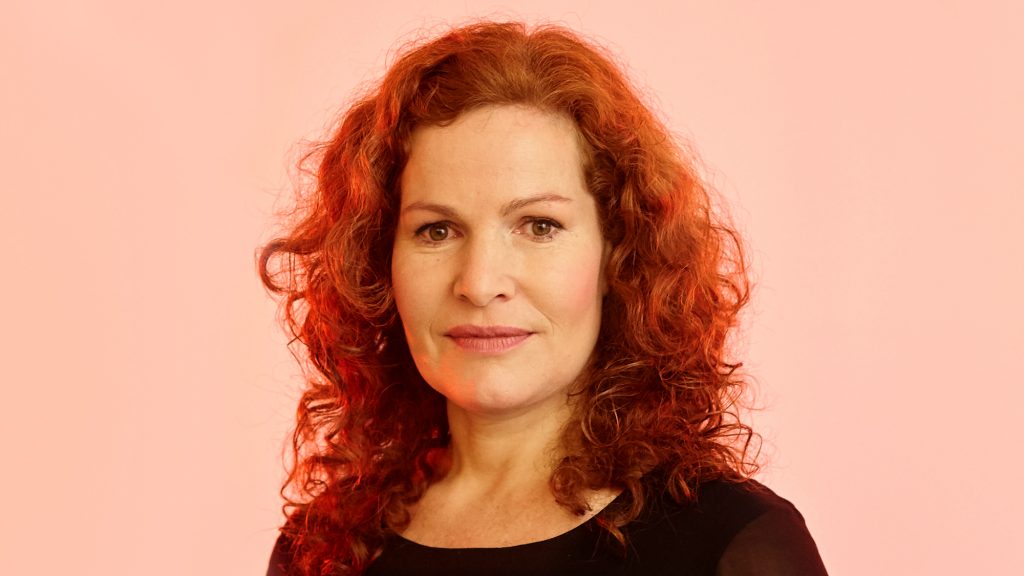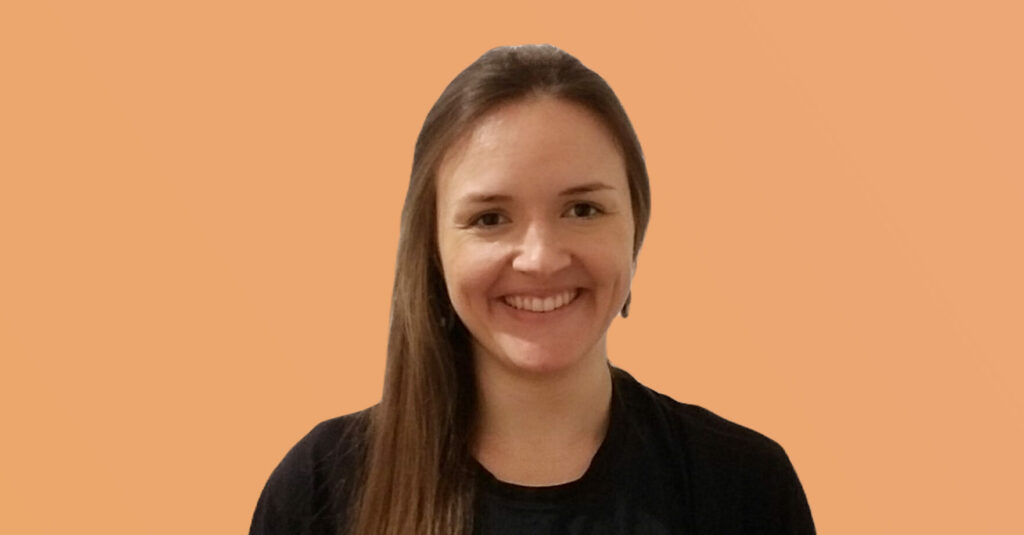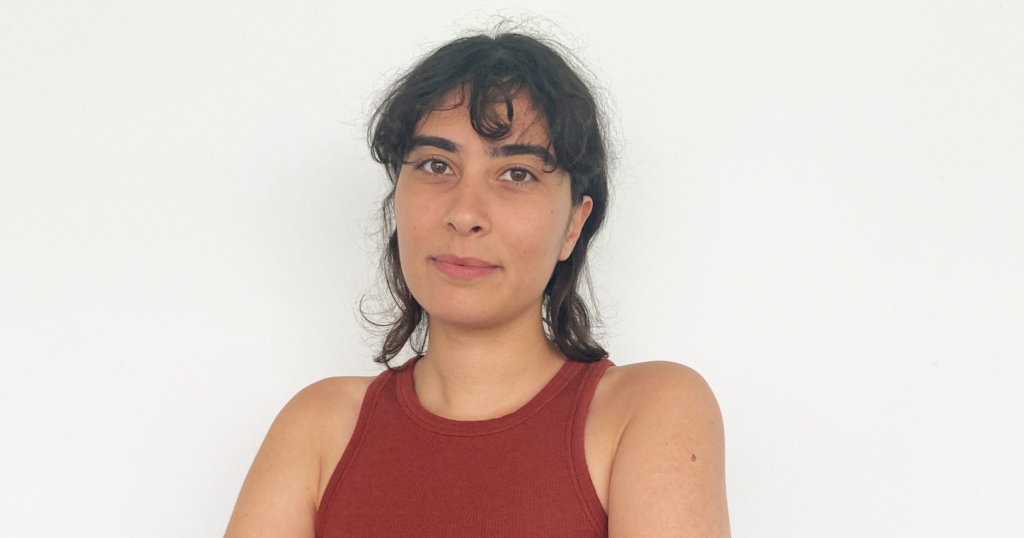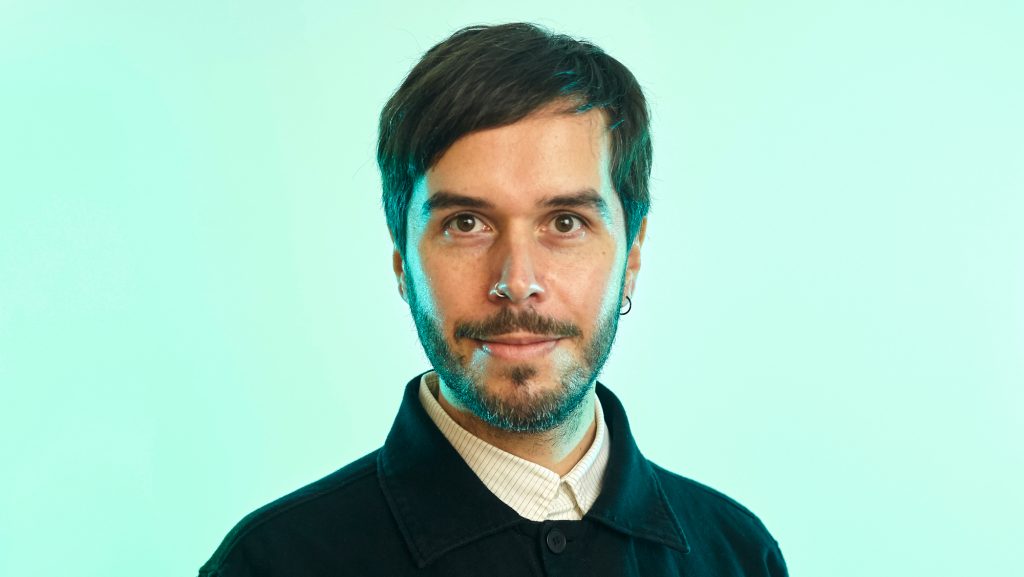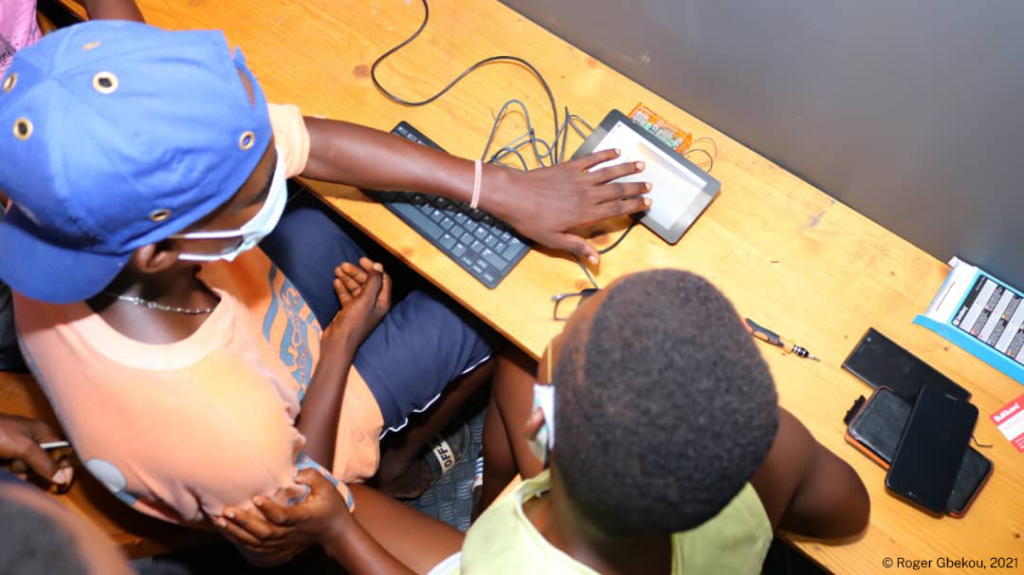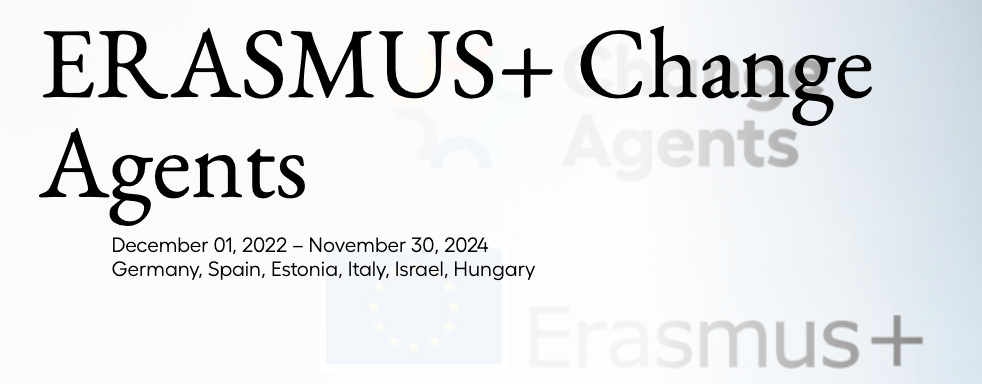Things don’t always go as planned. Instead of further indulging in the collective imaginaries of better, digitally mediated futures with promises of participation and grassroots democracy, today’s narratives are dominated by rather troublesome aspects of the digital transformation. Issues such as the increasing inequality, the surveillance and manipulation of individuals and, thus, the systematic undermining of democratic values have become more and more threatening for an open society. In this shift of narratives, the notion of digital sovereignty is witnessing an increasing interest. The term now serves to denote diverse concepts that negotiate competences, duties and rights in the digital age.
This symposium with its associated exhibition and workshops addresses digital sovereignty as a right to be claimed and a process constantly in the making; as a condition of the ability to critically partake in the digitally mediated societies of today and to help shaping those of tomorrow.
Emphasizing this political and transformative significance of the term, the event provides a stage for scholars, activists, artists and human rights advocates which develop practices or provide spaces and structures to foster means of digital sovereignty. Its aim is to identify diverse facets of what it means to be digitally sovereign, but also critically discuss the viability of the term: What imaginaries do we develop, what agenda should we pursue and how can we implement them? Or do we have to fundamentally revisit our terms and strategies in the question of how to shape digital societies?
Speakers and exhibiting artists: Renata Avila, Tatiana Bazzichelli, Max von Grafenstein, Adam Greenfield, Claudio Guarnieri, Adam Harvey, Bianca Herlo, Arne Hintz, Fieke Jansen, Gesche Joost, Liat Lavi, Joana Moll, Julian Oliver, Julia Pohle, Bill Posters, Thorsten Thiel, Kersti Ruth Wissenbach
Language: English
Admission is free. Please register for the opening, the symposium as well as for the workshops at:
https://tickets.weizenbaum-institut.de/weizenbaum/PracSov/
Opening – Keynotes & Exhibition: 12 March 2020, 6.00 p.m.
Symposium: 13 March 2020, 10.00 a.m.–7:00 p.m.
Workshops, Exhibition: 12–18 March 2020
Information on workshops:
Saturday, March 14, 11:00–13:00
Mark Hedges & Philipp Grunewald (King’s College London): Agency, Peace, and Digital Sovereignty
Sovereignty is linked to having a choice. That links to agency and links to consciousness. When our environments are designed (intentionally and unintentionally) to mediate our collective experiences in some way we will be conditioned to think, feel and behave in certain ways. That is where we as individuals loose a degree of agency and at a social system level loose sovereignty. Our collective consciousness and conscience has a large impact on the societies we create for ourselves which includes peacefulness (as set out in some theoretical foundations we worked on in the Isooko project: isooko.eu/).
Saturday, March 14, 14:00–16:00
Tech Workers Coalition: Digital Economy and Work
Working in the digital economy: Work as we know it is remodelled within the digital transformation. Berlin, opting itself as the European Silicon Valley, is finding a new and growing workforce. But what are the terms and conditions of this workforce – from the young start-up dreamers to the migrant newcomers finding an income anchor within the platform or gig economy. The workshop will be conducted by Tech Workers Coalition.
Saturday, March 14, 17:00–19:00
Denisa Kera: Prototyping Blockchain Futures & Governance by Algorithms
We will use a “fairytale with code” to explore issues of algo-governance and automation.
You will prototype smart contracts with the help of templates (with code readable in English) to probe issues of bias, justice, code, and law, and experiment with various ways to bring together regulations and code. The workshop is useful for learning the basics of blockchain service design and for discussing governance of emerging technology.
In the theory part we will cover some basic concepts of permissioned x permissionless, open and closed blockchains and DLTs (distributed/decentralized ledger technologies), and policy issues involved in automation (relation between computer codes, regulations, contracts).
The prototyping part is friendly to complete beginners: You will learns the basics of Hyperledger Fabric/Composer open source blockchain platform for smart contracts (chaincode), push some extreme scenarios of data governance (to prevent evil smart contracts), and then deliberate how to regulate code (or with code). We will use also Node RED framework to connect the blockchain services with satellite data and IoTs or other open APIs.
The story is about an imaginary Lithopia smart village where people use satellite data to trigger blockchain transactions github.com/anonette/lithopia
To become Lithopian, please bring your laptop, no need to install anything or know how to code.
Monday, March 16, 18:00-20:00
Metrozones: Digital Economy and Real Estate: Mapping Tech Real Estate in Berlin
With the digital economy becoming a new player within Berlin, start-ups and larger technology companies are also having an effect on the city’s real estate prices and politics. In this workshop we want to map the dynamics of this new economy. We also want to look at an added dimension that is rarely addressed but is growing in momentum: property technology – or how technology is entering the world of tenant management, control and inclusion. The workshop will be conducted by the group Metrozones.
Tuesday, March 17, 18:00-20:00
Bündnis Digitale Stadt: Digital Stategy Berlin – Sovereign and sustainable for the common good?
The Berlin Digital Strategy: The Berlin Senate for Economy, Energy and Public Enterprises is developing a digital strategy for the city of Berlin. In reaction to the strategy process, a network of individuals and institutions from civil society and academia have founded the “Digital City Alliance Berlin”, working to make the digital political and debatable and to ensure that the development of the digital strategy is designed together with the residents of Berlin and that it serves the common good. Workshop lead: Bündnis digitale Stadt (Digital City Alliance Berlin).
Practicing Sovereignty” is organized by the research group “Inequality and Digital Sovereignty“ at Weizenbaum Institute, Berlin. It is part of the group’s investigation that connects with the overall mission of the Weizenbaum Institute: to examine ways to enable and support individual and collective self-determination in a world characterized by digitally mediated processes of transformation.
Further information can be found on the Weizenbaum Institute website.


